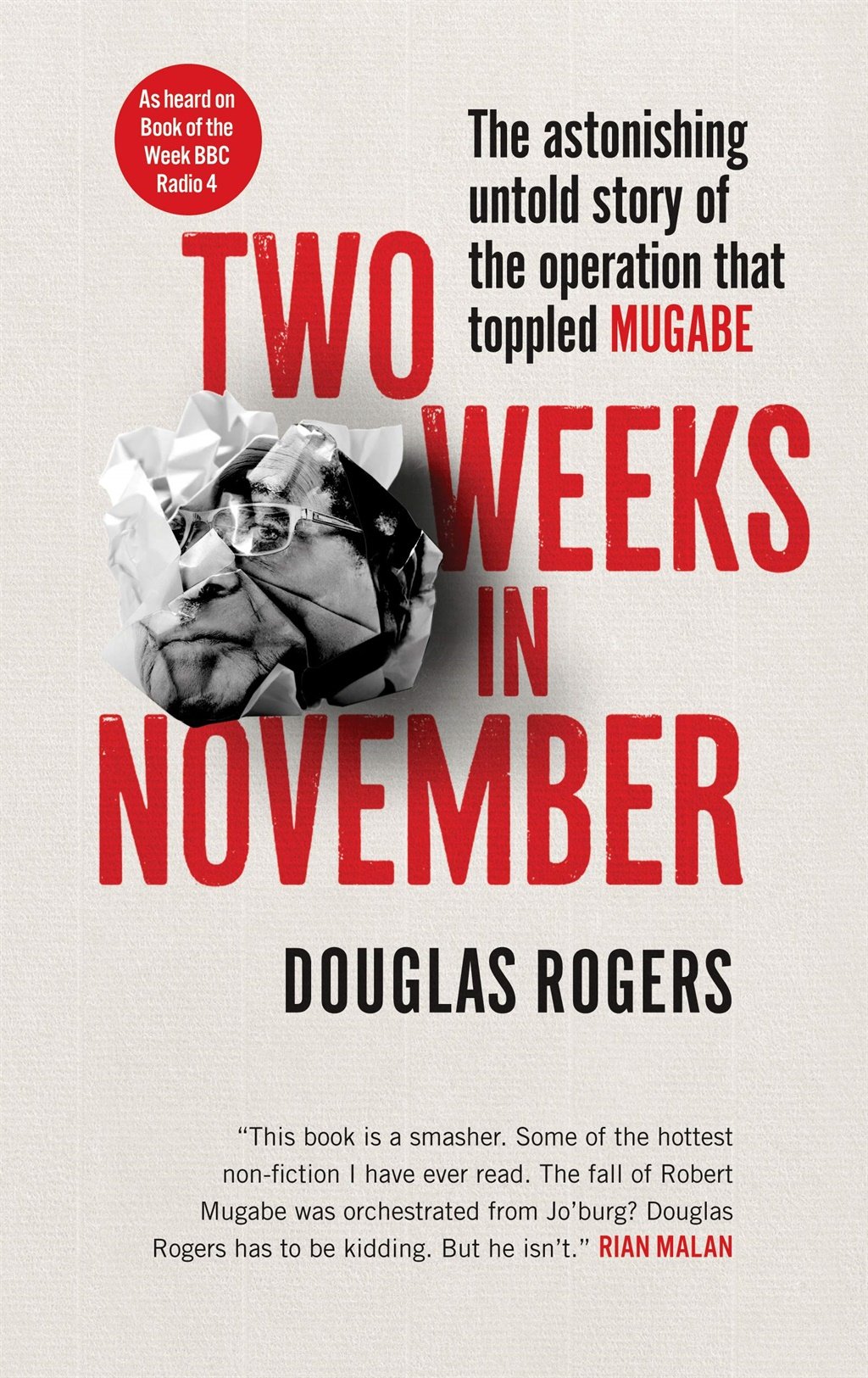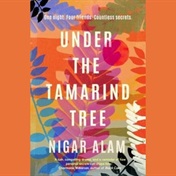
A battered white Toyota Hilux hooted outside an apartment block in downtown Johannesburg. The driver and his two passengers were in a hurry. The driver hooted again. Eventually a couple emerged carrying blankets and two suitcases. "We're coming, take it easy, Kasper," the human rights lawyer Gabriel Shumba shouted. CIO agent Kasper cackled his aggressive laugh behind the wheel.
"Chairman, what's taking you, you're going to make us miss the march!" He pronounced "march" as "much", taking a meat cleaver to the word. Gabriel tossed his and his wife's suitcases in the back of the Hilux. He clocked the licence plates on the Toyota: Zimbabwean. Yesterday, at the hotel, the plates had been GP (Gauteng Province) for Johannesburg. Kasper and Magic had switched them overnight as was their practice whenever making a trip to Zimbabwe.
Gabriel jumped in the back with the agents Magic and Horse and tried to get comfortable among the clutter of fuel cans, blankets, megaphones and food supplies, while his wife rode shotgun upfront. Then Kasper hit the gas and they raced north, to the Zimbabwe border, six hours' drive away. Kasper planned to drive through the night – he never had much need for sleep – and be in Harare by dawn. Gabriel had not set foot in Zimbabwe since fleeing in the boot of a car on March 24th, 2003, 14 years previously. He was a fugitive from his home country and hunted by Mugabe's assassins in his adopted one, but there was no way he was going to miss the event he believed would finally topple the tyrant. He wanted to be free again, to not have to look over his shoulder anymore, and that time was close at hand.
Something had rankled Gabriel during his 14 years in exile: the accusation from putative allies in the opposition back home that those in the diaspora had it easy. "There were always allegations that we had left others to fight and die. So when I made the decision to go for the march it was partly an attempt to convince myself that I wasn't a coward. I had always said I would rather be a living dog than a dead lion, but now I said, 'Let me show them I can risk it'."
The going to the border was good. They passed dozens of buses carrying patriotic Zimbabweans home for the march, flags fluttering. Gabriel, Tino and their ZEF colleagues had been up most of the previous night sending word to their networks, helping to arrange transport, and here, in a matter of hours, was the result. At 3pm, as was his habit, Kasper messaged Ellis back in Johannesburg to update him on their progress. Ellis couldn't make the trip. His passport had expired, but he was also banned from Zimbabwe. During the 2013 election, while campaigning undercover for MDC candidates, a military vehicle had pulled over his Land Rover Discovery in Harare. Clare was in the car with him. The soldier in charge knocked on his window and calmly delivered a message: "You need to leave this country now. And don't come back. Understand?"
Ellis got the message. He had left and never returned. Now, stuck in Johannesburg, he called contacts to donate fuel, air tickets and the like; he phoned MDC and NGO people he knew to mobilise their followers to march, and at the last minute added two rusty megaphones he'd dug out of his basement at home to the luggage on the back of the Hilux. "Take these," he told Kasper. "You'll be on the streets and you might need to have your voices heard." Then he had hugged his assassin and wished him luck.
On the road, at around 4pm, Kasper heard from Mutsvangwa, who was back in Harare already, that the war veterans press conference at the Rainbow Towers Hotel that afternoon had gone well. Mutsvangwa had flown back to a different country from the one he'd skipped 12 days previously, the day of ED's dismissal. Back then he had feared the assassins were coming for him too, and he'd been terrified his flight might even be turned back. But now, with Mugabe on the ropes, he swaggered from the airport to the Rainbow Towers and announced preparations for the coup de grâce. "The game is up for Mugabe, it's done, it's finished," he told the massed ranks of local and international media gathered at the hotel. "The generals have done a fantastic job. We want to restore our pride and [Saturday] is the day… we can finish the job the army started."
The Hilux arrived at the Beit Bridge border on the Limpopo River close to 9pm. The queue to get in was long. Not since Bruce Springsteen played Harare in 1988, at the height of apartheid, had so many people made their way overnight from South Africa to Zimbabwe. Getting out of South Africa was easy; getting into Zimbabwe, not so much. Gabriel showed his passport and it went as he feared: his name was flagged and the official would not allow him in. They didn't sound any alarm, which was a relief, and everyone else could proceed, but not him. Kasper wasn't having it. He wanted to assault the official, then thought better of it.
"United we stand, divided we fall," he muttered. Then he conferred with agents Horse and Magic. An hour later the Hilux continued on its way across the border, while Gabriel and Horse turned back into South Africa, immigration on that side bemused as to how a Zimbabwean on a Zimbabwean passport had been denied entry into his own country. It was there that Horse put the new means of crossing the border into action. Gabriel won't say exactly how they smuggled him in; suffice to say that, having fled Zimbabwe in the trunk of a car 14 years previously, he re-entered his country in equally unconventional fashion in the early hours of Saturday morning, November 18th. They reconnoitred with the Toyota Hilux at 3am, six hours later. Sufficiently clear of the border, Kasper pulled the Hilux over on a stretch of straight road and they all hopped out.
There was no moon, but it was a clear starlit night and the air had the musky wet smell of weed grass, mopani leaves and wood smoke. Gabriel inhaled the smell of his rural childhood. Then he got down on his knees by the side of the road, gathered some soil in his hands and licked it, a custom, if one has been away for a long time from home, to let the ancestors know you have returned. As he knelt there, the taste of Zimbabwe on his tongue, tears started rolling down his face. He turned to look up at his wife and three friends who were staring at him in the starlight. They were crying too.
* This is an extract from Two weeks In November by Douglas Rogers, published by Jonathan Ball Publishers.




 Publications
Publications
 Partners
Partners















